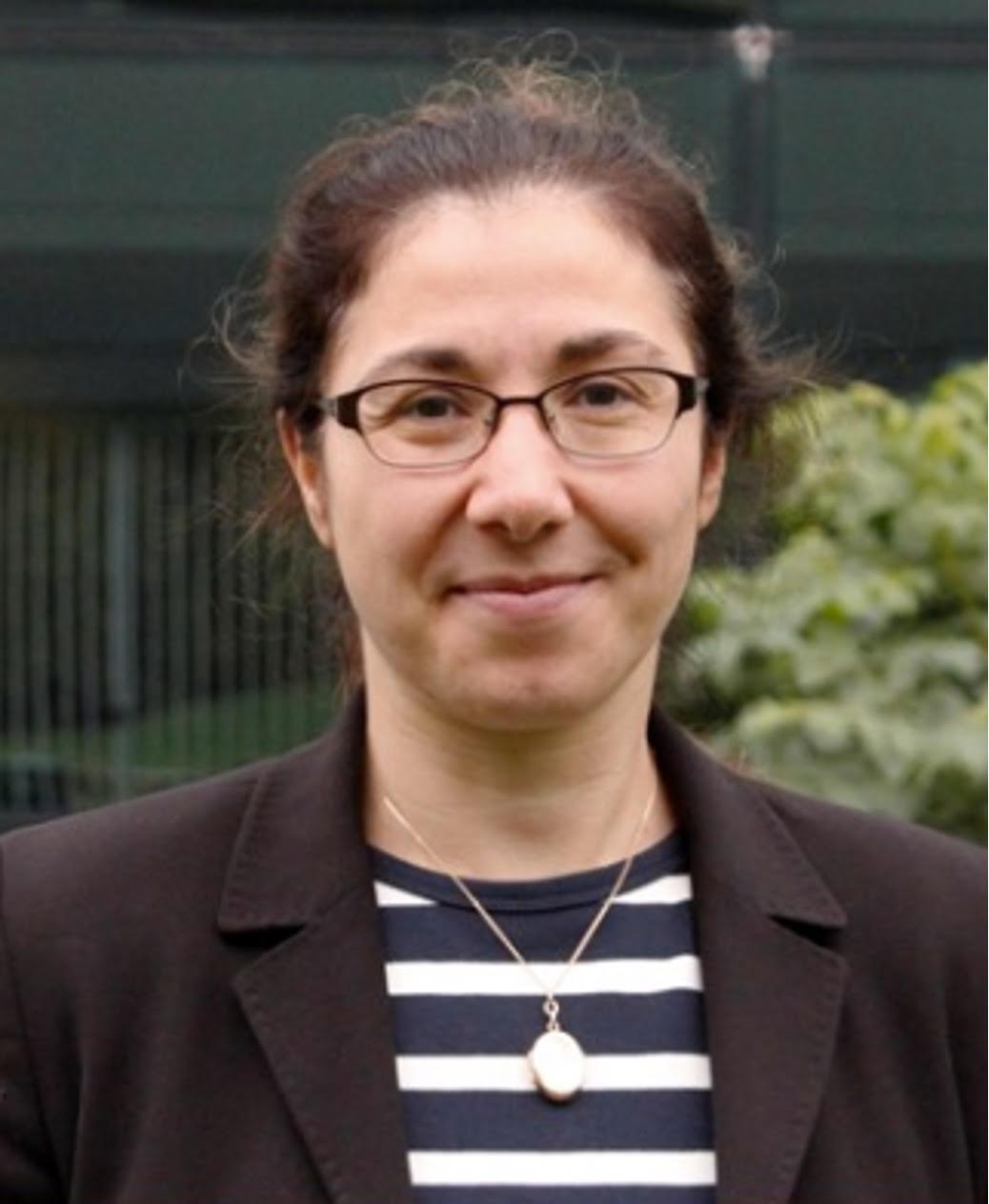Dr Binnaz Yalcin Awarded 2025 ALBA-Roche Research Prize for Excellence in Neuroscience

"This award is not only a tremendous encouragement but also a powerful reminder of the impact that scientific dedication and perseverance can have. I deeply appreciate this recognition and feel incredibly fortunate to be part of such an inspiring neuroscientific community. Developmental anomalies affect 300 million people worldwide, with 90% of cases compromising brain development. Despite revolutionary advances in gene identification, as many as 50% of patients still face years without a diagnosis due to gaps in our understanding of the function of most genes in the genome. Our work aims to bridge this gap by combining high-throughput gene identification with the study of pathophysiological mechanisms underlying neurodevelopmental anomalies, with the hope of easing the diagnostic journey for patients and their families."
- Dr Binnaz Yalcin
Brussels, 20 March 2025 – Dr Binnaz Yalcin, an INSERM researcher from the Université Bourgogne Europe, Dijon, France, has been awarded the 2025 ALBA-Roche Research Prize for Excellence in Neuroscience in recognition of her exceptional contributions to neurodevelopmental biology and the genetic basis of mammalian brain development in health and disease. Supported by Roche and presented by the ALBA Network, this prestigious prize recognises outstanding research by mid-career scientists from underrepresented backgrounds, whose work focuses on the nervous system and may improve our understanding of the causal mechanisms of brain diseases.
Prof. Gilles Laurent (Max Planck Institute for Brain Research, Germany), co-chair of the ALBA-Roche Prize Selection Committee, expressed, “Dr Yalcin's exceptional journey – from her humble beginnings as the daughter of Turkish immigrants in France, overcoming cultural and personal challenges, to establishing herself as a junior researcher in Switzerland and rising to a tenured position in France – stands as a powerful testament to her resilience and dedication. Despite facing life-threatening events and significant adversity, she has emerged as one of the most productive and inventive scientists in her field.” Prof. Carmen Sandi (EPFL, Switzerland), co-chair of the ALBA-Roche Prize Selection Committee added, “Dr Yalcin stood out as the deserving recipient of this prize. Her dedication to investigating the genetic mechanisms underlying brain diseases, combined with her collaborative spirit and independent line of research, exemplifies the kind of scientific excellence and innovation this award seeks to recognise.”
Dr Yalcin began her scientific journey with a PhD in computational neurobiology at the University of Oxford, where she made pivotal advances in genetic mapping and the molecular characterization of behaviour in mice. After her time at Oxford, she secured an EMBO Young Investigator Fellowship and an SNSF Ambizione Fellowship, allowing her to move to Switzerland and shift her focus to neurodevelopmental disorders. She established a pioneering program to examine the neuroanatomical consequences of highly penetrant mutations in the mouse genome.
Now a tenured researcher at INSERM in France, Dr Yalcin continues to push the boundaries of neurogenomics. Over her 15-year career in mouse functional genetic and genomic studies, she has built an international reputation. Her 2019 Nature Communications paper identified 200 genes linked to brain anatomical phenotypes in mice, a major step in decoding the genetic architecture of neurodevelopment. Collaborating with clinicians worldwide, her lab has also identified several novel brain disease genes, including the causal relationship between WDR47 and a complex neurodevelopmental syndrome characterized by corpus callosum dysgenesis, microcephaly and other neuroanatomical phenotypes in both humans and mice, demonstrating the translational potential of her research.
Her leadership and vision have earned widespread recognition, leading to her appointment to the Governance Board of the International Research Consortium for the Corpus Callosum and Cerebral Connectivity (IRC5) and the International Mammalian Genome Society (IMGS). She has also received the prestigious International Mary Lyon Award for independent female researchers in 2019 and the INSERM International Researcher Award in 2021, among other honours.
Dr Yalcin’s research is deeply motivated by personal experience. Coming from a disadvantaged background and having encountered several rare genetic disorders within her family, she is committed to making a difference for children awaiting accurate diagnoses and better treatments, offering hope to families worldwide.
The award will be presented to Dr Binnaz Yalcin at a dedicated ceremony during the 38th European College of Neuropsychopharmacology (ECNP) Congress, in Amsterdam, Netherlands, on Monday, 13 October, from 13:55 to 14:05 CET.
Warmest congratulations from the ALBA-Roche Research Prize Selection Committee,
Gilles Laurent, Co-Chair (Max Planck Institute for Brain Research, Germany)
Carmen Sandi, Co-Chair (Ecole Polytechnique Federale de Lausanne, Switzerland)
Abdel El Manira (Karolinska Institutet, Sweden)
Amadi Ihunwo (University of the Witwatersrand, South Africa)
Carlos Ribeiro (Champalimaud Centre for the Unknown, Portugal)
Elisabeth Binder (Max Planck Institute of Psychiatry, Germany)
Flavia Gomes (Federal University of Rio de Janeiro, Brazil)
Hailan Hu (Zhejiang University, China)
Mauro Costa-Mattioli (Baylor College of Medicine, USA)
Vidita Vaidya (Tata Institute of Fundamental Research, India)
Sonja Kleinlogel (F. Hoffmann-La Roche LTD, Switzerland)
About the ALBA Network
The ALBA Network is a growing and highly dynamic movement in the neuroscientific community committed to promoting equity, diversity, and inclusion (EDI) in brain sciences. ALBA engages in a range of globally focused EDI initiatives aimed at counteracting bias, empowering individuals and organisations to embrace equity, and tackling underrepresentation of women, racial and ethnic minorities and members of other disadvantaged groups in (neuro)science and academia. ALBA has a global reach with over 2800 members from 95 countries worldwide, which also reflects its close relationships with its founding partners – the Federation of European Neuroscience Societies (FENS), the International Brain Research Organization (IBRO) and the Society for Neuroscience (SfN). ALBA is a division of FENS, an international non-profit association that serves as the main organisation representing neuroscience in Europe.
For additional information about the prize, please visit: https://www.alba.network/alba-roche-prize


